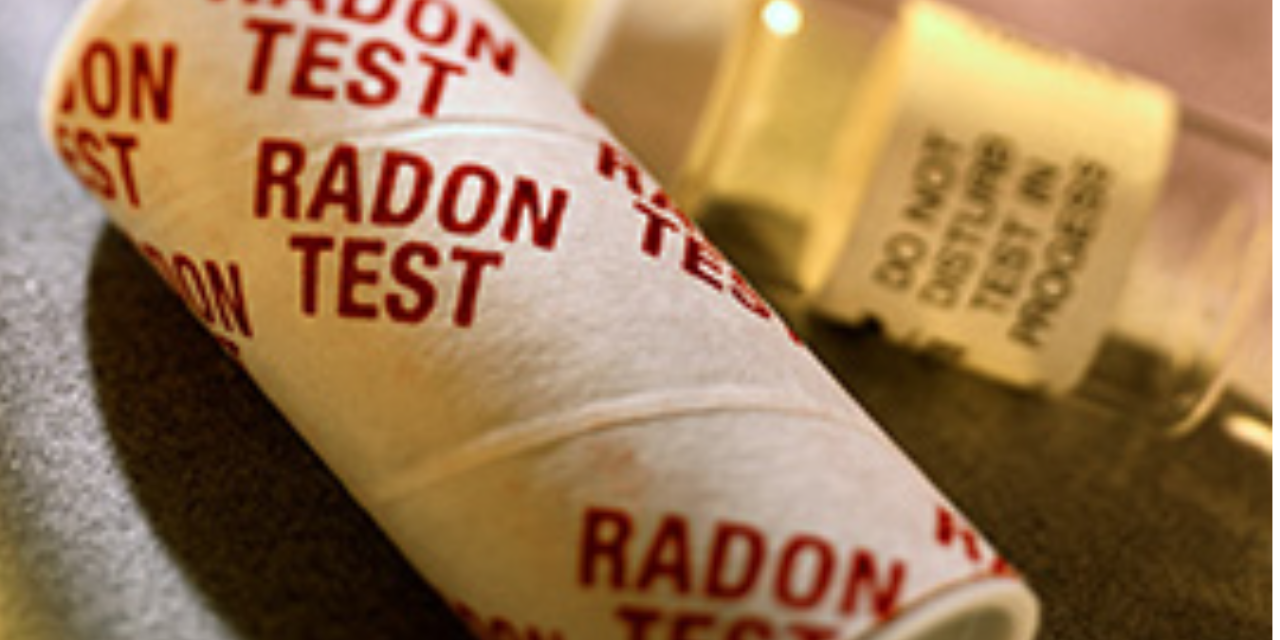Most people by now have a stack of COVID-19 test kits stored away in their closets after the government sent out free kits to those who asked.
But there are plenty of other threats out there in the world besides COVID-19, and the danger being addressed by state government this month is radon in homes.
Governor Roy Cooper recently proclaimed January 2023 as National Radon Action Month, which will be used to teach people about the dangers of radon and the ways they can reduce their risk of lung cancer from radon.
On Tuesday, Jan 10 state officials announced in a press release that, since testing is the only way to know if you’re at risk, the North Carolina Department of Health and Human Services is providing 3,000 free radon test kits.
The kits are available now for the asking at radon.ncdhhs.gov.
According to state health officials, “Radon is an odorless, colorless gas and currently the leading cause of lung cancer for non-smokers. It is released from the ground into outdoor air but can accumulate and reach harmful levels when trapped in homes and other buildings. Additionally, the risk factor for lung cancer among current or former smokers of tobacco increases by 10 times if they live in a home with elevated radon.”
According to estimates from the Center for Disease Control and Prevention (CDC), 77 of the 100 counties in North Carolina have indoor air levels of radon that are above safety standards.
Each year, about 450 people in the state die from what’s thought to be radon-induced lung cancer. Despite the large number of yearly deaths, many people are unaware that they should test for radon in their homes.
Like many health issues addressed by the state programs these days, radon disproportionally affects minority and marginalized communities. Data collected from 2015 to 2019 for a Behavioral Risk Factor Surveillance System reflected “a lack of awareness about radon among historically marginalized communities particularly among Black and Hispanic communities, people with low income and people who rent their homes.”
State officials say this is a “preventable and fixable problem.”
The NC Radon Program recommends hiring a certified radon mitigator to fix elevated radon levels.
Visit radon.ncdhhs.gov for more information and to order your free test kit while supplies last. For information on radon mitigation, visit the NCDHHS radon mitigation webpage.


Why the negative tone in the headline? Seems like a valuable program for people to considering participating. Especially those in rental homes that may not have been testing in decades as those homes recently purchased or sold. You should also note that the county will test (for free) you home for led. If you are a farmer you can receive free soil testing for selecting the proper fertilizer. You can also request free water testings (although not full tests).
Your enviornmental, bacterial, & viral risks are your responsibility, not mine or any other taxpayer’s.
You have a hose, if your house burns its your problem not mine.
You are right!
Absolutely correct on all aspects of this report. Radon kills. Have your house checked or check it yourself. If it show high , then have a radon specialist come out. You can buy charcoal radon tests at any home improvement store. for about $10 and you will need two. Follow directions, mail it off and your results come back to you. Stay Safe my friends.
Guilford Co provides Radon test for free, but not not true for all counties. Randolph Co does not.